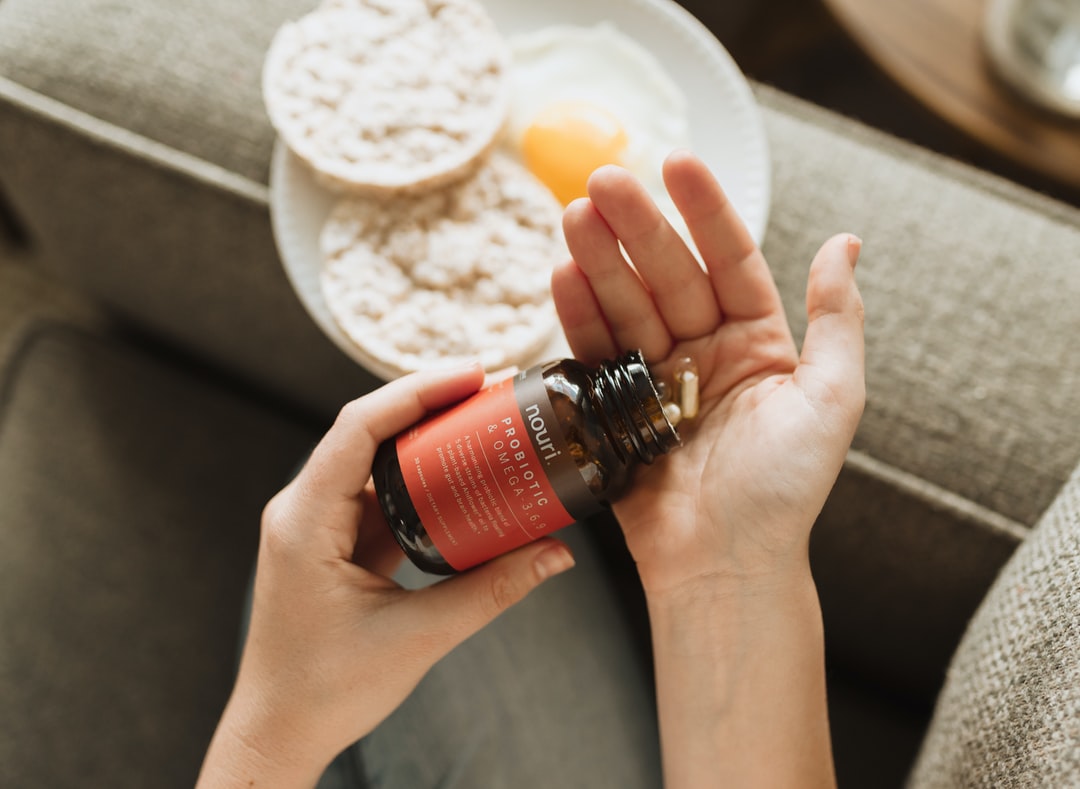In recent years, the interest in supplements seems to be growing year by year.
However, there are two major problems with current supplements and health foods.
- Regulations are much more lax than for pharmaceuticals. This means that ineffective products are easily available at high prices.
- There is less research data than for pharmaceuticals. In other words, no one can say for sure about the long-term dangers.
As a result, many people are forced to pay unnecessarily high prices for health foods that not only have no effect, but may even shorten their lifespan in the long run.
The only way to prevent this from happening is to somehow sort out what we know and what we don't know, based on scientific evidence.
So, based on reliable data, we will look at supplements that have the potential to harm the body.
Previously, we have presented research results on the following supplements, and now we will introduce vitamin E.
Vitamin E increases the risk of prostate cancer.
Vitamin E is also one of the standard supplements.
Because of its high antioxidant capacity, it is said to be “effective in anti-aging” and “prevents cancer” and is popular among middle-aged and older people.
However, in recent years, vitamin E has not been well received in the scientific community.
The reason is that since the beginning of the 2010s, more and more data has emerged showing that, instead of preventing cancer, it increases the risk of it.
For example, in 2011, a study of about 35,000 men asked, “Does vitamin E really prevent cancer? For example, in a 2011 study, about 30,000 men were surveyed to find out if vitamin E really prevents cancer.
20. Klein EA, et al. (2011) Vitamin E and the risk of prostate cancer: the Selenium and Vitamin E Cancer Prevention Trial (SELECT).
It was surprising to find that men who took more than 400 IU of vitamin E a day had a 17% increased chance of getting prostate cancer.
The 400 IU of vitamin E is the same amount found in most supplements sold in the market.
If you are not familiar with the unit IU, it stands for International Unit. 400IU of vitamin E is equivalent to about 390mg.
If you are taking more vitamin E supplements than this at the moment, you should stop using them.
Vitamin E supplements also shorten life span
Another important thing about vitamin E is that reliable studies have concluded that it shortens life expectancy if you keep taking it.
This data was reported by Johns Hopkins University in the United States, and is a high level summary of 19 previous studies on vitamin E.
Miller ER 3rd, et al. (2005) Meta-analysis: high-dosage vitamin E supplementation may increase all-cause mortality.
The conclusion of the analysis is that “taking more than 400 IU of vitamin E per day increases the mortality rate by 4~6%.
Vitamin E is not anti-aging; on the contrary, it causes all kinds of diseases, such as heart disease and pneumonia, and shortens our life span.
This data shocked the scientific community at the time and was selected as one of the most talked about papers of 2005.
The reason vitamin E shortens life is the same as for vitamin A.
This is also a fat-soluble vitamin that does not dissolve in water, so damage to the liver will accumulate as you continue to drink large amounts.
Eventually, it can cause all kinds of diseases.
There is no reason to take vitamin E at that risk.



